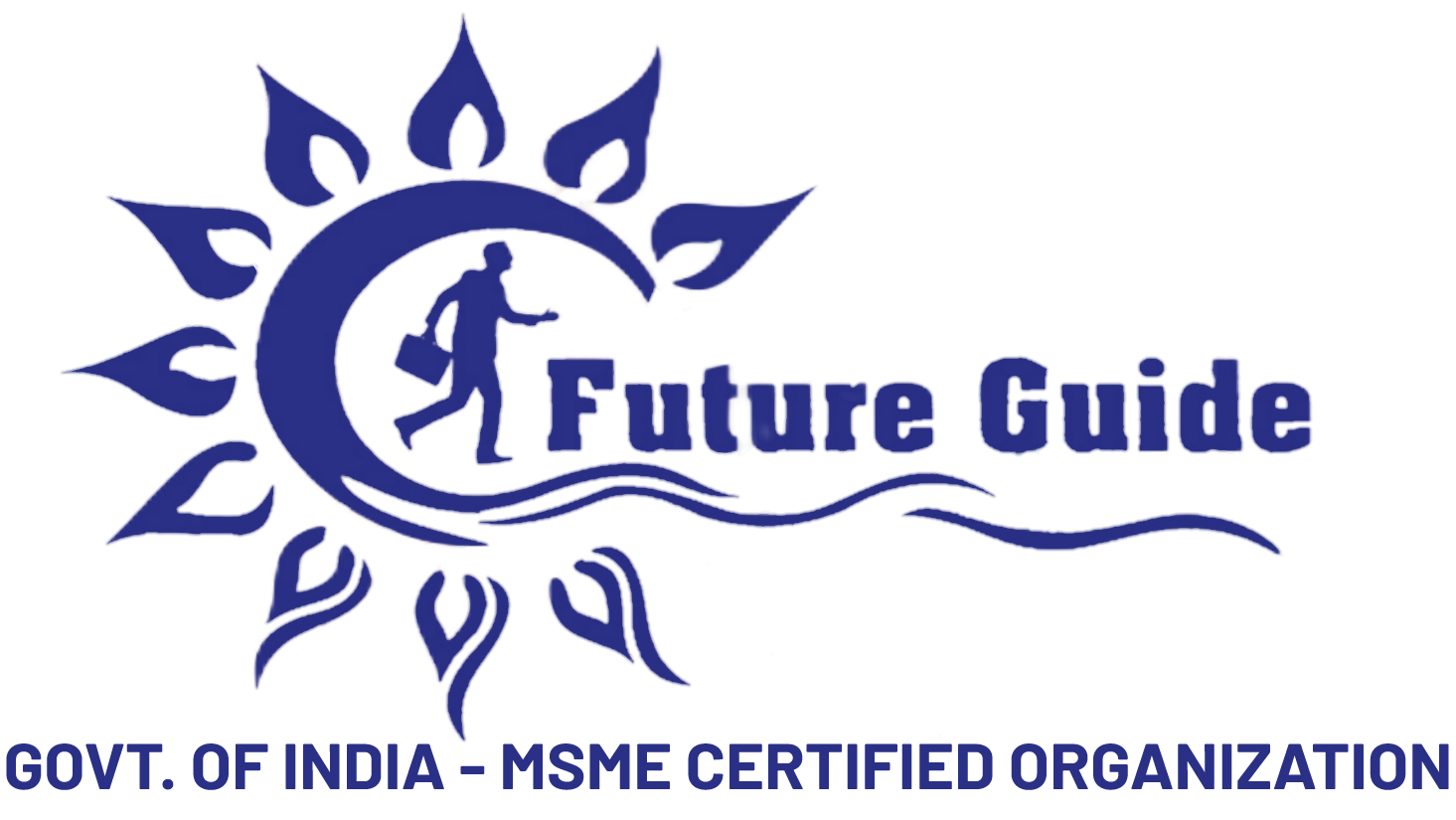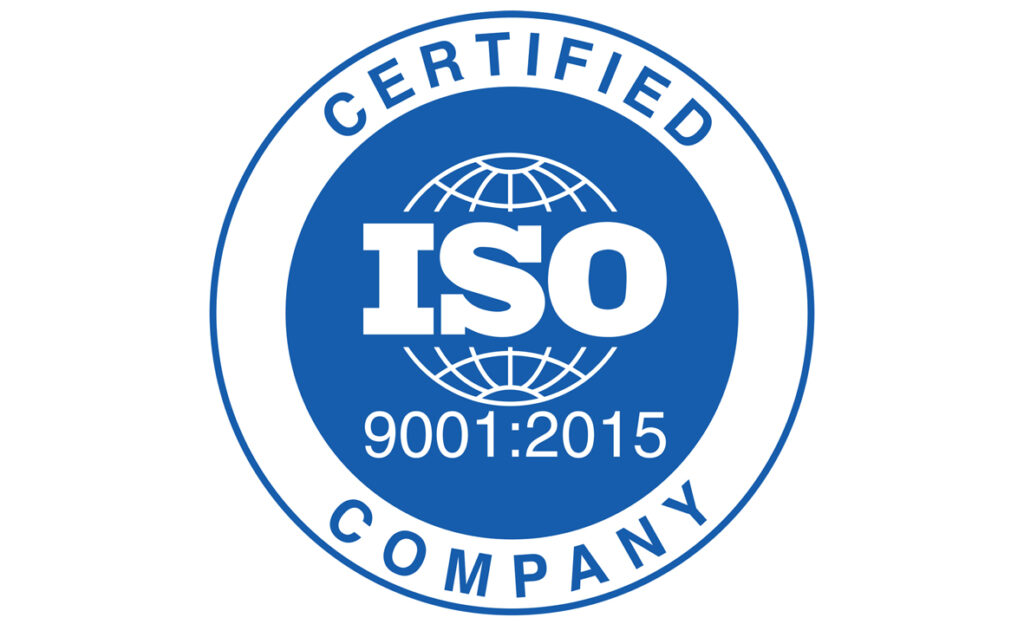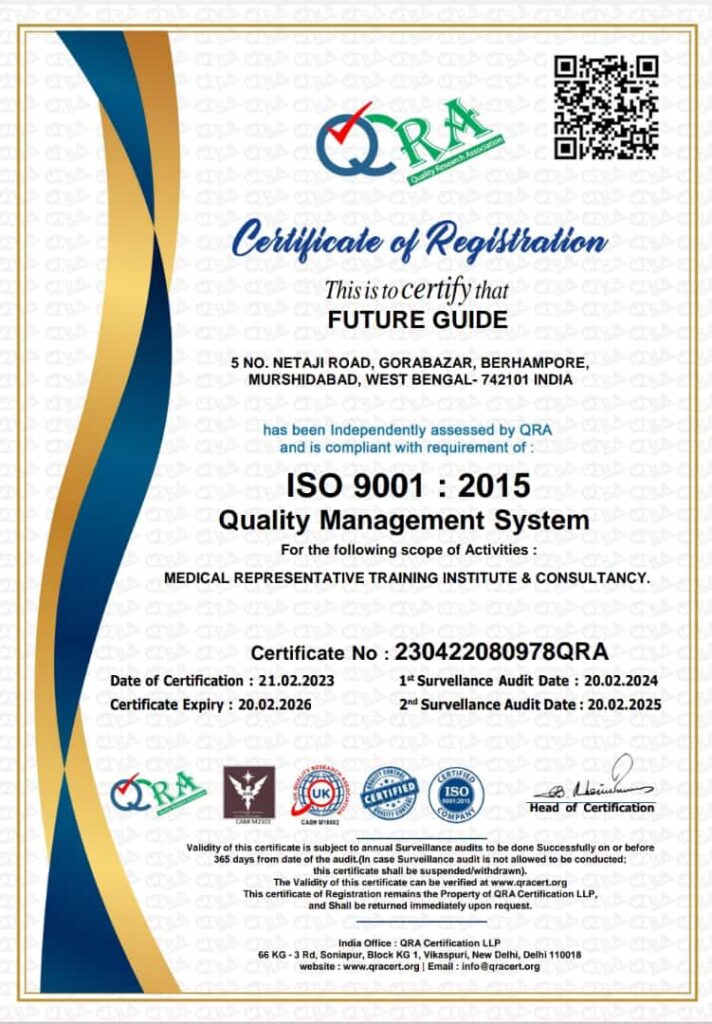A Career in Medical Representation: NLEM and Beyond understanding the Role of a Medical Representative medical representative, often referred to as a pharmaceutical sales representative, plays a crucial role in the healthcare industry.
They serve as a bridge between pharmaceutical companies and healthcare professionals, educating them about new medications, treatments, and medical devices. Their primary goal is to promote the use of these products within the context of the National List of Essential Medicines (NLEM).The Importance of NLEM in Medical Representative
The NLEM is a vital document that outlines the essential medicines that a country’s healthcare system should provide to its population. For medical representatives, understanding the NLEM is paramount. It provides a clear roadmap for their promotional activities, ensuring that they focus on products that are deemed essential for public health.
Key Responsibilities of a Medical Representative * Product Knowledge: Medical representatives must have a deep understanding of the products they represent, including their indications, contraindications, side effects, and dosage. This knowledge is essential for effectively communicating with healthcare professionals. *
Relationship Building: Building strong relationships with healthcare providers, such as doctors, pharmacists, and nurses, is a core responsibility. This involves regular visits, attending conferences, and participating in continuing medical education (CME) programs. * Sales and Promotion: Medical representatives are responsible for promoting their products to healthcare professionals. This includes presenting product information, addressing questions, and securing prescriptions. * Market Analysis: Staying updated on market trends, competitor activities, and changes in healthcare policies is crucial. This information helps medical representatives tailor their promotional strategies to meet the evolving needs of the market.Skills Required for a Successful Medical Representative * Excellent Communication Skills: Effective communication is essential for building relationships, presenting product information, and addressing questions.
* Strong Interpersonal Skills: Medical representatives must be able to interact with people from diverse backgrounds and build trust. * Problem-Solving Abilities: The ability to identify and solve problems is crucial in a fast-paced and competitive environment. * Adaptability: The healthcare industry is constantly evolving, so medical representatives must be able to adapt to new challenges and opportunities.Career Paths in Medical Representation *
Field Sales: Most medical representatives start their careers in field sales, where they interact directly with healthcare professionals. * Sales Management: With experience, medical representatives can advance to sales management roles, overseeing teams of field representatives. * Product Management: Some medical representatives transition into product management, where they are responsible for developing and launching new products. *
Regulatory Affairs: Others may pursue careers in regulatory affairs, ensuring that products comply with government regulations.ConclusionA career in medical representation offers a rewarding opportunity to contribute to public health while building a successful career. By understanding the NLEM and possessing the necessary skills, individuals can excel in this dynamic field.



